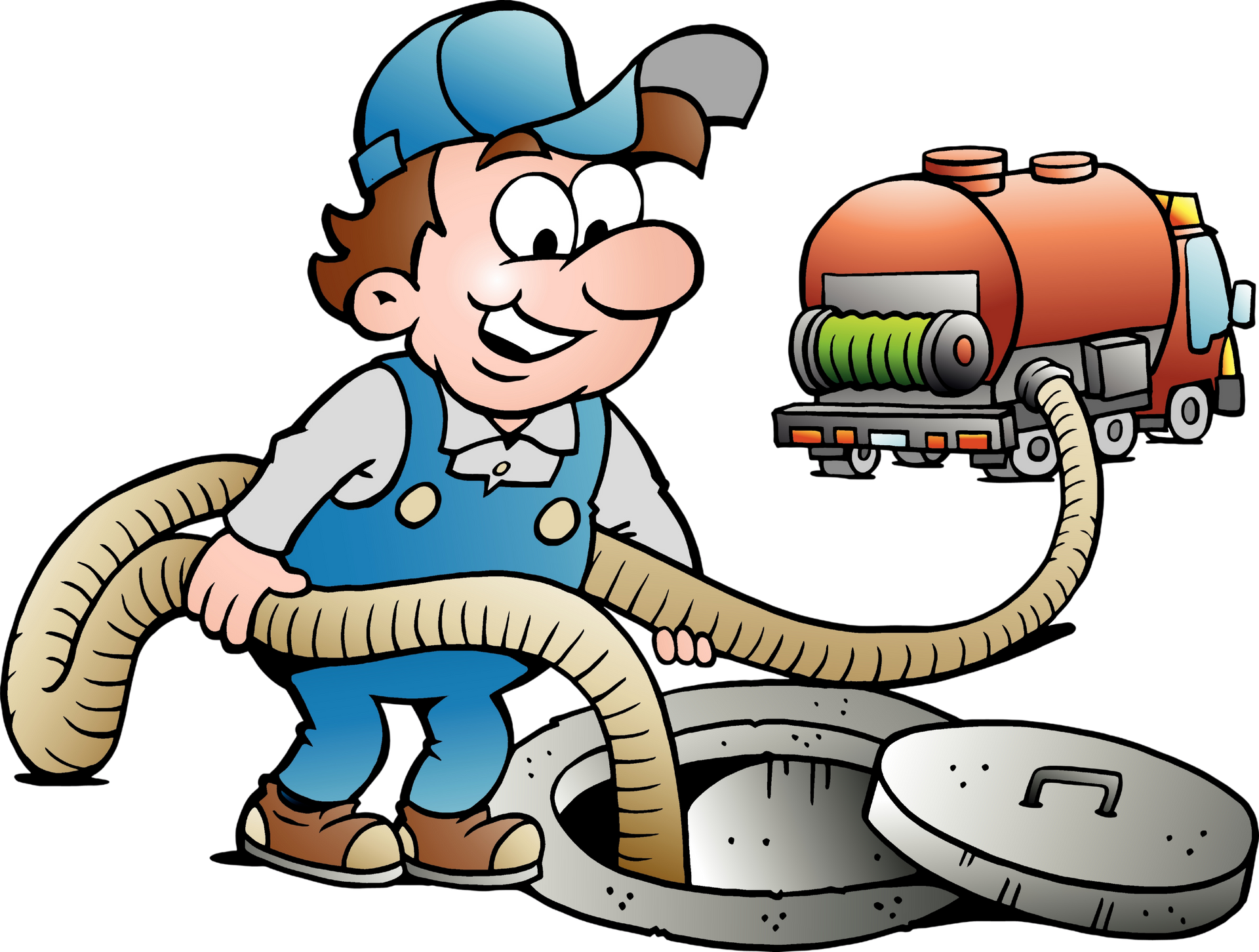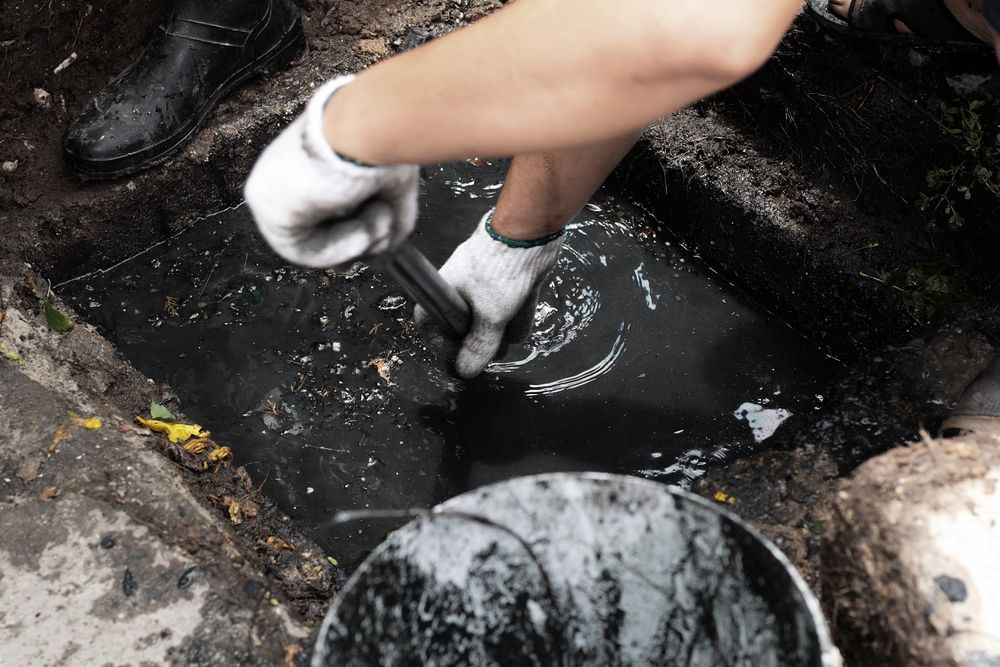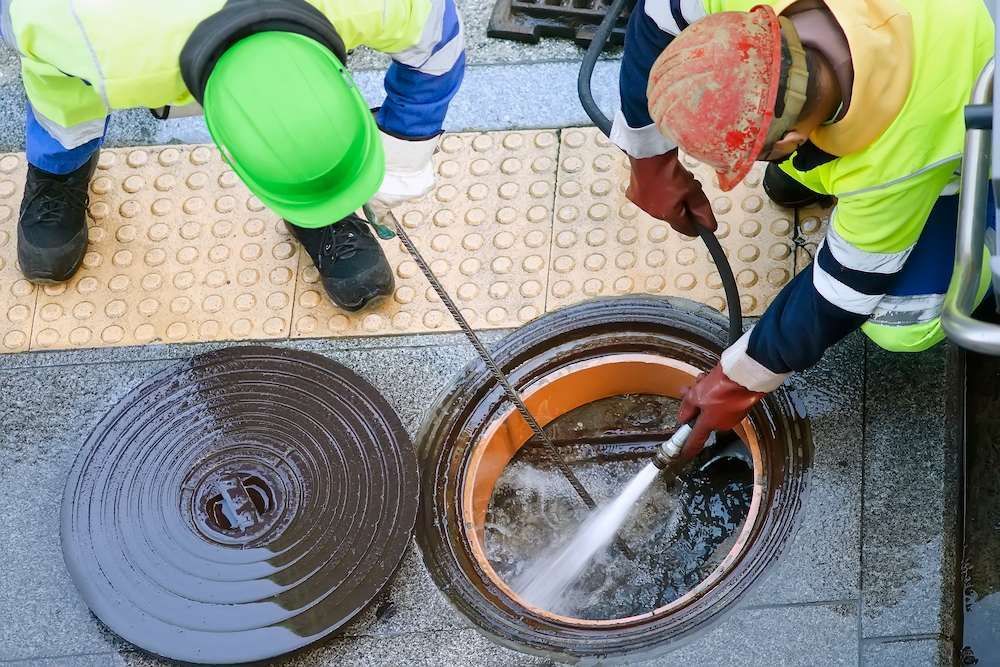Sewage Treatment Plant Cleaning in Narangba
& Surrounding Areas including North Brisbane
- Prompt, Reliable and Friendly Service You Can Trust
- Locally Owned and Operated Business
- Fully Insured & Licensed
- Liquid Waste Removal of Septic Tanks, Treatment Plants, Grease Traps, Holding Tanks & Grey Water Pump Wells
Request a Call Back in Narangba
Thank you for contacting Glenview Septic & Liquid Waste Removal.
We will get back to you as soon as possible.
Oops, there was an error sending your message.
Please try again later.
Narangba Sewage Treatment Plant Cleaning
When a treatment plant is full, the signs aren’t subtle — slow drains, bad smells and sudden system alarms can all appear at once. Glenview Septic & Liquid Waste Removal provides professional sewage treatment plant cleaning in Narangba, helping homes and rural properties stay ahead of mess, breakdowns and costly repairs.
We pump out built-up sludge and wastewater using high-capacity equipment, cleaning treatment plant chambers without damaging surrounding areas. Whether it’s part of your routine servicing or you’re responding to warning signs, we make the process easy. Our team arrives on time, cleans thoroughly and keeps everything neat from start to finish.
We also keep an eye on your system’s condition, giving you clear, honest feedback so you know when to rebook. If it’s been a few years since your last clean-out, now’s the time to act.
Call 0499 887 043 today to book a service!
Avoid Blockages with Regular Clean-Outs
We clean treatment plants before waste overloads the system. When sludge builds up inside a treatment plant, it restricts flow and puts unnecessary strain on pumps, aerators and filters. That’s when the system struggles to process waste, and issues like odours, overflow or water pooling start to appear.
We remove sludge before it reaches that point. Our clean-outs help reduce pressure on components, improve performance and extend the life of the entire system. Whether your treatment plant operates daily or occasionally, we tailor our approach to suit your usage and layout.
With every job, we take care of the hard work and leave your property tidy. We help Narangba locals avoid messy surprises with clean, straightforward service, restoring performance and keeping your system running in the background where it belongs.
What Makes Systems Fill Faster
Our team cleans treatment plants — but we also help you understand what affects how often servicing is needed. Larger households naturally produce more wastewater, but even smaller homes can overwork their system through high water usage.
We see systems fill faster when properties have long showers, back-to-back laundry loads or dripping taps that constantly feed the tank. Cleaning products matter, too — harsh chemicals can disrupt bacteria and slow waste breakdown. Fats and oils from cooking also contribute to sludge build-up if poured down the sink.
During your clean-out, we explain how your usage stacks up and offer advice to help reduce wear between services. Our team gives Narangba property owners a clear picture of their system’s performance, helping you make smarter choices that protect your setup long-term — without overcomplicating it.
Frequently Asked Questions
How do I know if my treatment plant needs cleaning?
Signs your treatment plant needs cleaning include unpleasant odours, slow drainage, gurgling sounds, and surface water near the system. Alarms may trigger if the tank is too full or aeration fails. Even without symptoms, treatment plants should be cleaned regularly to remove sludge and maintain proper function. Skipping clean-outs can lead to system failure or environmental contamination.
What happens if you don’t clean a treatment plant?
If a treatment plant isn’t cleaned regularly, sludge builds up in the chambers and reduces system capacity. This can cause blockages, untreated waste discharge, or damage to mechanical components like aerators and pumps. Over time, it can lead to overflow, environmental pollution and costly repairs. Regular cleaning helps avoid these issues and keeps the system compliant with council regulations.
How often should a home treatment plant be cleaned?
Most domestic treatment plants should be cleaned every 1 to 3 years, depending on usage, household size and system type. Homes with more occupants or higher water usage may need more frequent servicing. A professional can check sludge levels and recommend an appropriate schedule. Cleaning regularly improves system performance and helps avoid odours, overflow and damage to internal components.
Location
Neighbouring Areas
- Burpengary
- Burpengary East
- Morayfield
- Dakabin
- Deception Bay
- North Lakes





